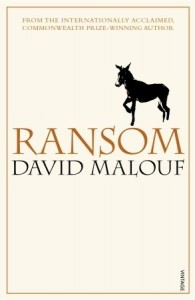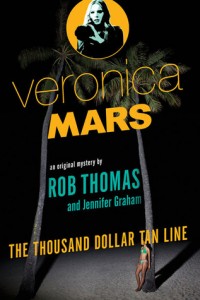 Title: Wicked: The Life and Times of the Wicked Witch of the West (Goodreads)
Title: Wicked: The Life and Times of the Wicked Witch of the West (Goodreads)
Author: Gregory Maguire
Series: The Wicked Years #1
Artist: Douglas Smith
Published: Harper Collins, 1995
Pages: 538
Genres: Fantasy
My Copy: Paperback
Buy: Amazon, Book Depository, Kindle (or visit your local Indie bookstore)
We all know the story of The Wizard of Oz; if we haven’t read the 1900’s classic written by L. Frank Baum we probably saw the 1930’s film starring Judy Garland. What if was to tell you that the Wizard is not as sympathetic as he wants you to believe? In fact, the Wizard could be considered a classic example of a nutcase dictator. It is all about perspective; some may see the Wizard as great and powerful but in the eyes of Elphaba he is just an old fool.
Wicked by Gregory Maguire tells the untold story from the perspective of Elphaba (known to some as the Wicked Witch of the West) and is the basis of the award winning Musical. It is important to first state that unlike L. Frank Baum’s series of books, this is not directed at children. This is social and political commentary, full of sex and violence; it just so happens to use the world of Oz as its basis. As a nod to the world created, the Wicked Witch of the West was named using the initials of L. Frank Baum; Elphaba (L-F-B).
This novel works like an origin story for Elphaba, which gives the world a whole different perspective. In The Wizard of Oz everyone uses names like The Wicked Witch of the West and gossip about how evil she is but we never really hear the other side of the story. As a reader we tend to take what is written at face value; if someone is said to be evil we accept this fact without any consideration. Wicked also plays on the female archetype that seems to associate intelligent and age with witch-like characteristics.
What I enjoy about Wicked is the way the reader gets to explore these concepts of good and evil. I am reminded of Frankenstein with the approach to this topic. Elphaba is different, born with green skin and sharp teeth; a monster that society tries hard to reject. From her parents, to the world around her, we get to explore the harsh nature of society towards something outside the norm. Elphaba herself believes she is soulless and evil but I seem to view this as a projection of the ideas imposed on her by society.
We follow the life of Elphaba through this novel and this allows Gregory Maguire to give a critique of our society from the perspective of someone that is considered evil. Are people born evil, do they choose to be evil or are they pushed into evil by society? These are just some of the questions we have to ask ourselves when reading Wicked; the whole fate verse free will play heavily within the novel. There is also a critique on guilty verse blame, family life, religion and gender role that come across within Wicked as well.
My wife has been telling me I need to read this novel for a while now and for some reason I kept putting it off. Not because I don’t trust my wife’s opinion; she said it had a Frankenstein vibe to it but I kept getting distracted by other books. I finally picked this book up because I didn’t want to see the Broadway musical before reading the book. I am glad I was pushed into reading Wicked; it is definitely my type of novel. I wonder what the next book in the series is like.

 Title: Mr. Mercedes (
Title: Mr. Mercedes ( Title: The Monk (
Title: The Monk ( Title: Foreign Soil (
Title: Foreign Soil ( Title: The Secret Garden (
Title: The Secret Garden ( Title: Season to Taste (
Title: Season to Taste ( Title: The Collected Works of A.J. Fikry (
Title: The Collected Works of A.J. Fikry ( Title: Ransom (
Title: Ransom ( Title: The Temporary Gentleman (
Title: The Temporary Gentleman ( Title: The Thousand-Dollar Tan Line (
Title: The Thousand-Dollar Tan Line (